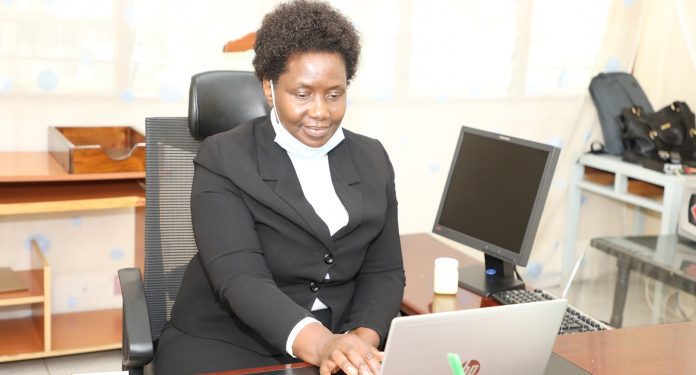The High Court in Voi has ruled that a couple who have cohabited for a long time are assumed to be married. As such, the High Court has declared, spouses in this arrangement will be subject to matrimonial property division in the event of a break up.
This ruling was made in an appeal to a case that had been filed at the High Court by a woman who was identified as JLM (respondent) against a man who was identified as WMG (appellant).
In the first case at the magistrate’s, JLM had sought to have the court declare an assumption of marriage and the property owned by the couple as matrimonial. JLM further sought to have the court declare that she was legally entitled to reside in the matrimonial home peacefully and without interference.
She told the court that she had met WMG in the year 2003. The two had then started living together in 2005 and over the years, they acquired all the properties that she had listed in her suit. She argued that the court should recognize their cohabitation and attitude towards one another as husband and wife as qualifying for marital status.
In his defense though, the man had told the court that they had started to cohabit in 2010 and not 2003. He further said that their relationship was casual and not serious enough to be considered as a marriage. They broke up in 2021 after JLM discovered that he was in a different relationship with another woman who he referred to as ‘second wife’.
The court however dismissed this line of defense and declared that the man had taken JLM as his first wife. The court further ruled that he couple had been publicly conducting themselves as husband and wife, and that even if the cohabitation had started in 2010 and not 2003, the duration was still long enough to qualify for a presumption of marriage.
READ MORE: Can side chicks legally get share of matrimonial properties if the man dies?
This ruling forced WMG to seek redress at the High Court, arguing that the magistrates court had erred in its determination, and that JLM had also not provided evidence of a customary marriage.
However, during the trial, the man admitted that they had built the house jointly, and had constructed a borehole, washroom, renovations jointly. The High Court then upheld the determination of the lower court.
“I find that the respondent sufficiently proved, on a balance of probabilities, that a presumption of marriage existed between herself and the appellant based on their prolonged cohabitation, mutual intention to marry, and public acknowledgement as husband and wife,” Lady Justice Asenath Ongeri ruled in a judgment dated May 30, 2025.








